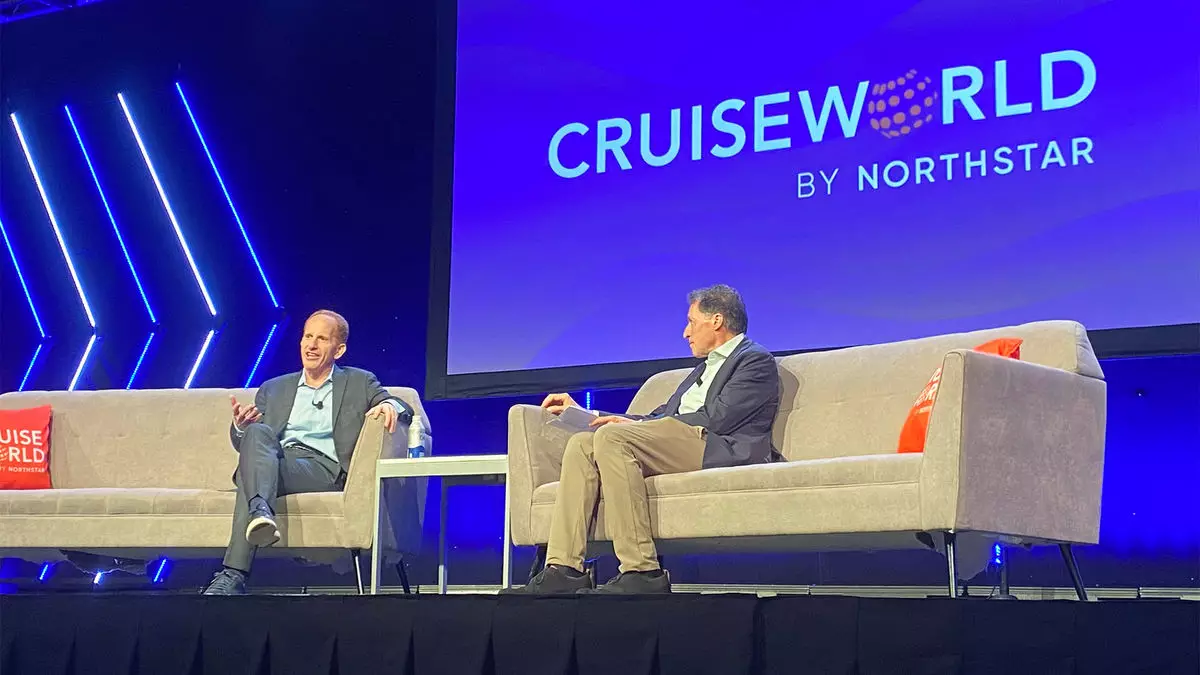In May, Norwegian Cruise Line Holdings (NCLH) unveiled a groundbreaking term at its Investor Day: Return on Experience (ROEx). This concept redefines how cruise lines evaluate success by emphasizing the quality of customer experiences over traditional metrics like financial returns. During a recent session at CruiseWorld, CEO Harry Sommer articulated his vision for ROEx, contrasting it with previous leadership approaches that often prioritized financial gains at the expense of customer satisfaction.
The idea behind ROEx reflects a significant shift in the cruise industry’s operational philosophy. Rather than simply calculating the return on investment (ROI), which typically measures the economic benefits derived from expenditures, ROEx compels organizations to consider customer preferences and satisfaction levels as critical performance indicators. Sommer’s introduction of this term signals a transformative approach that recognizes the intrinsic value of meaningful, memorable guest experiences.
Harry Sommer’s commentary on the contrasting philosophies of his predecessors—Kevin Sheehan and Frank Del Rio—provides essential context for understanding the evolution toward ROEx. Sheehan, a chief financial officer by training, championed a utilitarian focus on ROI; as Sommer noted, it was all about maximizing immediate returns. On the other hand, Del Rio, a fervent advocate for enriching guest experiences, sometimes missed the mark by offering features that did not resonate with all customers.
A notable example is the sculpture garden featured on the Norwegian Prima, a ship that embodies Del Rio’s passion for art but failed to capture the interests of a broader demographic. Sommer’s recognition of this disconnect illustrates a pivotal lesson: even aesthetically pleasing offerings might not always align with guest desires. The balance between pleasing guests and delivering attractive yet irrelevant experiences presents a central challenge for the industry.
NCLH is now pivoting toward a more customer-centric model, striving to tailor offerings that their guests genuinely value. ROEx becomes integral in guiding decisions about various aspects of the cruise experience, including dining options, entertainment, and shore excursions. By leveraging data from guest satisfaction surveys, the company aims to craft experiences that align with the preferences and expectations of today’s travelers.
This data-driven method represents a departure from the previous norm where anecdotal preferences or subjective interpretations dictated hospitality choices. Sommer’s proactive approach, where he sought specific data on meal orders—in his first week as CEO—highlights the necessity for tangible insights in enhancing guest satisfaction. Such actions underscore a cultural shift within NCLH, where understanding customers becomes paramount.
The emergence of ROEx signifies more than a mere catchphrase for Norwegian Cruise Line Holdings; it encapsulates a strategic pivot toward holistic guest experiences. By combining financial wisdom with an empathetic understanding of customer desires, NCLH is poised to redefine the cruise experience landscape. As the industry evolves, ROEx may very well become a guiding principle for success, steering cruise lines toward unparalleled guest satisfaction and loyalty in an increasingly competitive market. The focus on meaningful, customer-driven experiences will likely characterize the future of cruising, promising a new era where every journey is crafted with the traveler in mind.

